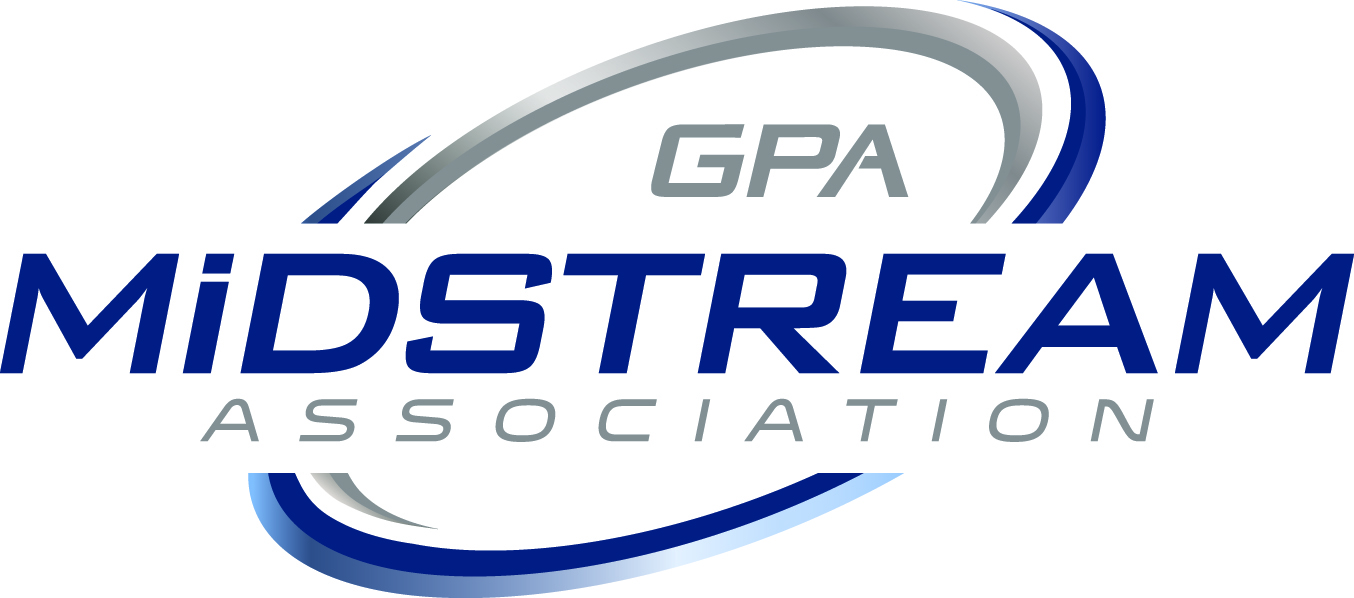TULSA, Okla. (Oct. 7, 2014) – The Gas Processors Association (GPA) submitted a letter to the White House late last week, urging President Barack Obama to consider current regulations, methane emissions studies and voluntary initiatives before issuing regulations regarding methane emissions as part of the “Climate Action Plan Strategy to Reduce Methane Emissions” (Climate Action Plan).
The Climate Action Plan was released in March 2014 and has spurred ongoing deliberation by the White House, Department of Interior, Department of Energy and Environmental Protection Agency (EPA) regarding the need to reduce methane emissions.
GPA, a non-profit trade association, has 130 corporate members engaged in the gathering and processing of natural gas into merchantable pipeline gas, commonly referred to as “midstream activities” in the industry. Such processing includes the removal of impurities from the raw natural gas stream produced at the wellhead, plus extraction for sale of natural gas liquid products such as ethane, propane, butane and natural gasoline. GPA members account for more than 90 percent of the natural gas liquids produced in the United States, which is why the association deems the Climate Action Plan and resultant regulatory or voluntary actions to reduce methane emissions “a significant issue” for its membership.
“GPA recommends that the White House and agencies continue their deliberation of the need and justification for any regulations and not act in haste to impose mandatory requirements in regulations, even if that results in not promulgating regulations by 2016,” the letter said.
GPA cited a number of recent federal regulations that target reducing emissions from oil and gas operations as its basis for that recommendation. GPA also said that several states such as Colorado, Pennsylvania and Ohio have implemented regulations targeting more emissions reductions from oil and gas operations not covered by federal rules.
“Due to the infancy of these regulations, the full effect of the resulting emissions reductions has not been observed, and the actual costs related to achieving those reductions need to be developed,” GPA said.
GPA named several methane measurement studies recently published or otherwise underway that focus on methane emissions from the oil and gas sector.
“We believe that these studies will provide the White House and agencies with significant, very germane factual data on methane emissions from oil and gas operations,” said Jeff Applekamp, GPA vice president of government affairs. “Pursuing regulations prior to completion of these key studies would be a misstep; the results of these studies must be understood before any regulation would be framed.”
Because the Climate Action Plan acknowledges voluntary programs as a means of achieving the necessary reductions, GPA identified a number of voluntary initiatives in which its member companies have been involved, including the EPA Natural Gas STAR program.
“GPA has been an endorsing member of the program since 1993, and to date, the program reports methane reductions of 1.15 trillion cubic feet, demonstrating that voluntary programs can be effective in achieving reductions,” Applekamp said.
For more information about GPA, visit www.GPAglobal.org.


